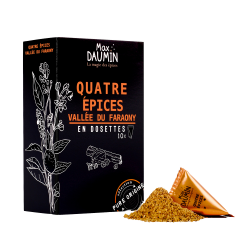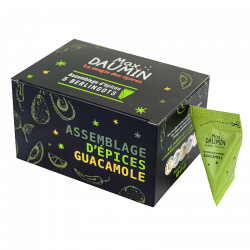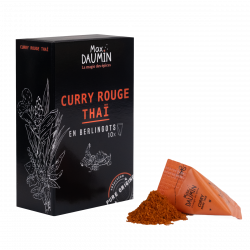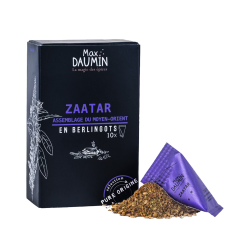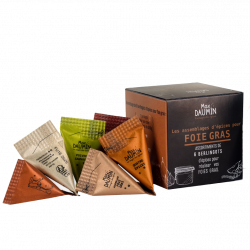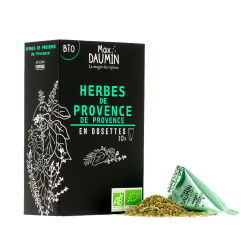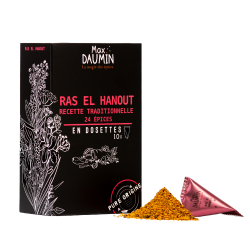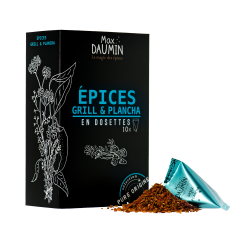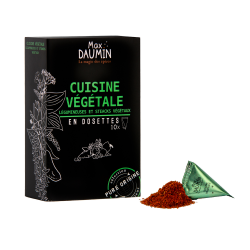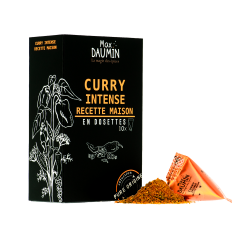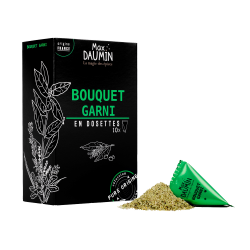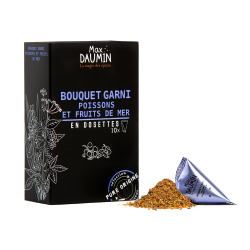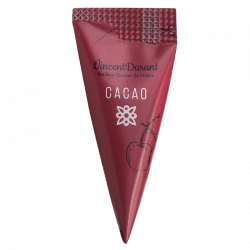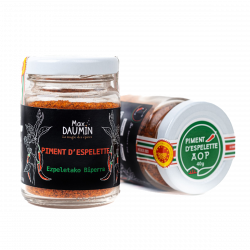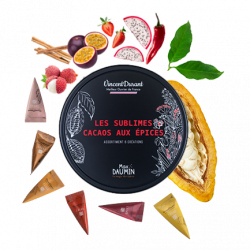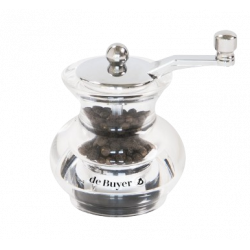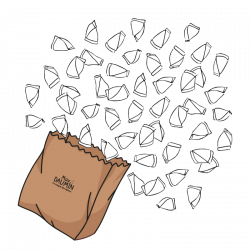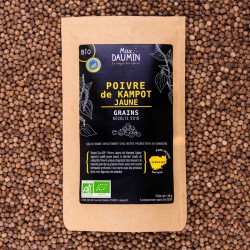-
- Our Berlingots Blends Bouquet Garni from France Fish and Seafood Bouquet Garni Cajun blend Plant-based cuisine Curry Homemade Recipe Curry Intense Homemade Recipe Thaï Red Curry Thaï Green Curry Spices Grill & Plancha Organic Provencal Herbs from Provence Four Spices Faraony Valley Ras El Hanout Traditional Recipe Zaatar Guacamole Spices Mix Gingerbread Spices Mix Coffret Assemblage Foie Gras Mulled Wine Spice Mix
- Pure Spices Berlingots Garlic from France Bear's garlic from Ain Ceylon cinnamon Organic Clove from Madagascar Organic coriander from France Cumin from India Organic turmeric from Madagascar Organic Tonka bean harvested in Guyana Organic ginger from Madagascar Nutmeg from Sri Lanka Sweet Paprika from Hungary Smoked Paprika from Hungary Ancho Rojo pepper from Mexico Bourbon Vanilla Powder – Gourmet
- Berlingot peppers Organic black pepper from Madagascar Voatsiperifery Wild Pepper Treetop pepper
- Espelette pepper Espelette pepper Ezpeletako Biperra
- Berlingot vanilla Bourbon Vanilla Powder – Gourmet
- Bulk ground spices Bouquet Garni from France - Bulk Organic turmeric from Guadeloupe bulk copy of Organic turmeric from Guadeloupe bulk Homemade Recipe Curry - Bulk Grill & Plancha Spices - Bulk Ras El Hanout Traditional Recipe - Bulk Sumac from Sicily bulk
- Vrac berlingots à composer Sachet vrac berlingots
-
- Vanilla pods Bourbon vanilla from Madagascar – Gourmet & Bio Vanilla Tahitensis Haapape Bourbon Vanilla Powder – Gourmet
- Saffron Saffron pistils from Afghanistan - Neguine
- Bulk Spices Star Anise - Badian copy of SilTimur berry or Tchuli pepper Organic Pink Berry from Madagascar Ceylon Cinnamon - Pipes Cardamom Whole Organic Clove Organic coriander from France Organic Fenugreek from France Whole Organic Tonka Bean from Guyana Whole nutmeg Jamaican pepper Pili-Pili Bird Pepper
-
- Peppercorns Yupanqui green pepper Yupanqui black pepper Yupanqui white pepper Smoked Yupanqui black pepper Black pepper from Kampot Organic & PGI Organic & PGI Yellow Kampot Pepper Organic & PGI Red Kampot Pepper Phu Quoc black pepper copy of Phu Quoc black pepper Karimunda pepper – Kerala (India) Black pepper from Madagascar Organic Tasmanian Pepper Berry Voatsiperifery wild pepper from Madagascar Likouala wild pepper Organic Timur wild pepper SilTimur berry or Tchuli pepper Red Sichuan Pepper Wild treetop pepper Blend of Peppers - Sensation Blend of Peppers - Explosion - Organic Blend of Peppers - Impression
- Crystal salts Pink Himalayan Salt - Crystals Persian Blue Salt - Crystals Hiwa Kai black salt from Hawaii Kala Namak salt or Himalayan black salt - Crystals Black Forest Smoked Salt Utah Sweet Salt - Crystals Guérande Flower of Salt
- Salts and Spices Blend Salts - Sauvage Organic Salt Blend - Lemon Blend of Organic Salts - Fou Blend Salts - Spicy Organic Cinq Baies Salt Blend - Scented
- de Buyer pepper mills De Buyer Rumba Pepper Mill - Steel Mechanism De Buyer Natural Wood Jota Pepper Mill De Buyer Boogie Pepper Mill Natural Wood - Steel Mechanism Mixed Salt/Pepper Moulin de Buyer De Buyer Paso Pepper Mill Natural Wood De Buyer Paso Pepper Mill Dark Wood De Buyer Boogie mixt Salt Pepper Mill
- de Buyer salt mills De Buyer Rumba Salt Mill - Steel Mechanism De Buyer Salt Mill JOTA Ebony De Buyer Salt Mill Boogie Natural Wood - Steel Mechanism Mixed Salt/Pepper Moulin de Buyer
- de Buyer nutmeg mill De Buyer SOKO Nutmeg Mill
- Box de Buyer mill & Kampot pepper De Buyer Pepper Mill Box + Organic Kampot Black Pepper & PGI
-
- Spiced Tea box The Fabulous spiced teas
- Thé Chaï Classic Chai tea Chaï Ayurvédique Chaï Masala Détox Chaï Cardamome Bombay Cutting Chai
- Berlingot Spiced Tea Berlingot Classic Chai tea Berlingot Ayurvedic Chaï tea Berlingot Cardamom Chaï tea Berlingot Masala Detox Chaï tea Berlingot Bombay Cutting Chaï tea
-
- Spiced cocoa boxes The sublime cocoas with spices The sublime cocoas with spices & exotic fruits Box of 6 cocoas with spices copy of 3 Sublimes Cacaos + 1 Fabuleux Thés Chaï
- Berlingot Cocoa Berlingot Cocoa Tonka Vanilla Berlingot Cocoa Raspberry Rose Cardamom Berlingot Cocoa Combava Timur Cocoa Berlingot Sweet Orange Ceylon Cinnamon Berlingot Cocoa Grand Cru Plain Berlingot Cocoa Ginger of Madagascar Berlingot Cocoa Litchi Ceylan Cinnamom Berlingot Cocoa Passion Fruit Lemongrass Berlingot Cocoa Dragon Fruit Strawberry Sichuan green Berlingot Cocoa Cherry Tonka beans Berlingot Cocoa Espelette Pepper
- Chocolat aux épices Coffret Chocolat aux épices - Route des Indes copy of 3 Sublimes Cacaos + 1 Fabuleux Thés Chaï
-
- Boxes to compose 20 Spices box 3 Flavors box Box of 6 cocoas with spices Box 3 boxes Sachet vrac berlingots
- Gift boxes Enhance your everyday ! Surprise your guests! Delight your loved ones! The Fabulous spiced teas The sublime cocoas with spices The sublime cocoas with spices & exotic fruits Coffret Chocolat aux épices - Route des Indes De Buyer Pepper Mill Box + Organic Kampot Black Pepper & PGI
- Integrals Integral 14 Integral 18 Integral 20
- Assortment Box Guacamole Spices Mix Gingerbread Spices Mix Coffret Assemblage Foie Gras Mulled Wine Spice Mix
- Miels Miel & Vanille Bourbon copy of Miel & Vanille Bourbon copy of Miel & Vanille Bourbon copy of Miel & Vanille Bourbon
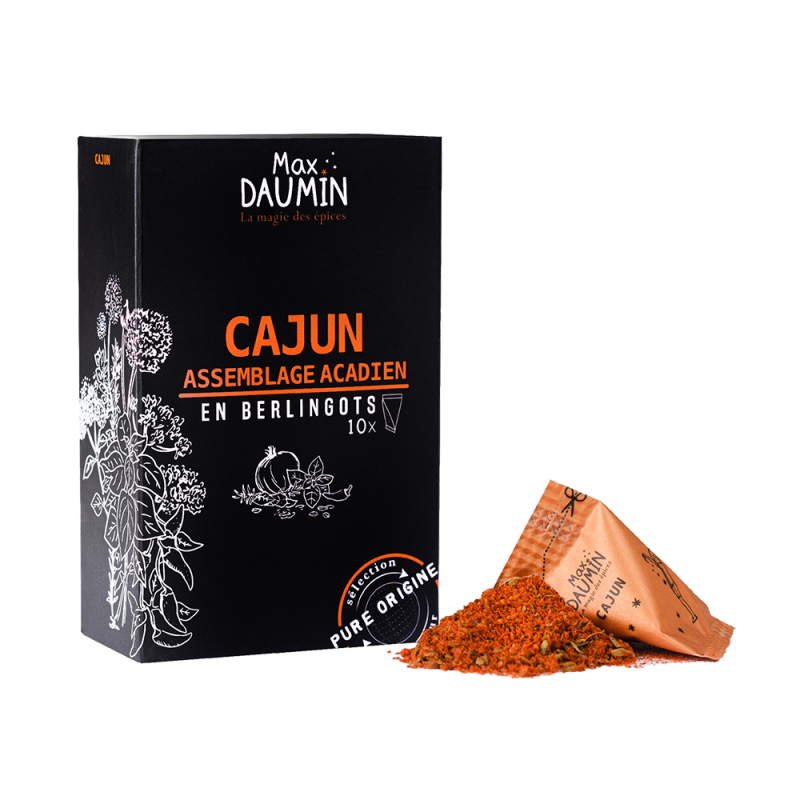





Cajun blend
The Cajun blend or Cajun blend is a spice composition that comes to us from Acadian cuisine (French from Louisiana in the USA). It is a blend of cultures where French aromatic herbs meet the warm spices of Mexico and the Caribbean. A blend of character, slightly spicy, on a background of Paprika, Garlic, Onion, Cumin, Chilli and Aromatic Herbs.
It can be used everywhere and our berlingot knows how to preserve all the original power of this blend.
-
Net weight : 20g
-
Composition : Paprika, Garlic, Onion, Pepper, Green Anise, Cumin, Oregano, Savory, Basil, Bird Pepper
-
Dimensions :
-
Recyclable box and berlingots : Sorting paper / cardboard


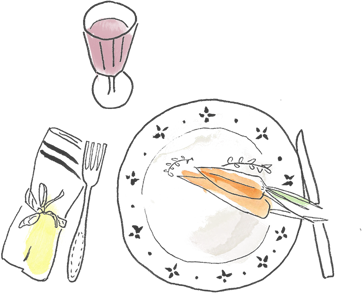
Benefits
Cooking and Virtue
Spices are key to flavor development in Cajun cooking. A roux is almost always used and the Holy Trinity "onion, celery and green pepper" - is the base of almost every dish. Popular Cajun dishes include gumbo, a soup made with filé, okra, chicken, sausage, and sometimes shrimp, rice-based jambalaya, boudin (pork sausage), or boudin dumplings (pork sausage). fried pork) and rice and sauce.
The Cajun blend is an easy blend it can go with anything! Meat, fish, vegetables, legumes, starches.

Origins
A long journey
The Acadians were the first French settlers in North America. Immigrating to Canada in the early 1600s (today's Maritime Provinces), they lived on what was easily accessible to them. Traditional peasant-style recipes from the French countryside—usually meat and vegetables cooked with a thick sauce in a single pot—were adapted to include what the Acadians could catch or harvest both on land and sea. Refusing to swear allegiance to the British Crown in 1755, over 15,000 Acadians were deported, many of them to Louisiana.
Once settled in the South, these French-Canadian farmers once again adapted their cuisine to the ingredients available in the region. Their cuisine has evolved to include crab, oysters, alligator, crawfish, shrimp, catfish and rockfish caught in the Gulf of Mexico and nearby bayou waters. Potatoes were replaced by rice, which thrived in the hot Louisiana climate, peppers replaced carrots in the culinary base of stews (the Holy Trinity) and new spices (black pepper, chili, cumin) have been introduced. Influences from the Spaniards, Native Americans, and African Americans also played a key role in making Cajun cuisine what it is today.


16 other products in the same category:
Guacamole Spices Mix
Notify me when available
Sign up and get notification when product will be available again.
Thaï Red Curry
Zaatar
Mulled Wine Spice Mix
Coffret Assemblage Foie Gras
Curry Homemade Recipe
Organic Provencal Herbs from Provence
Thaï Green Curry
Ras El Hanout Traditional Recipe
Notify me when available
Sign up and get notification when product will be available again.
Spices Grill & Plancha
Plant-based cuisine
Curry Intense Homemade Recipe
Notify me when available
Sign up and get notification when product will be available again.
Bouquet Garni from France
Fish and Seafood Bouquet Garni
Gingerbread Spices Mix

Customers who bought this product also bought:
Berlingot Cocoa Cherry Tonka beans
Espelette pepper Ezpeletako Biperra
The sublime cocoas with spices & exotic fruits
De Buyer Boogie mixt Salt Pepper Mill
Curry Homemade Recipe
Sweet Paprika from Hungary
Sachet vrac berlingots
Organic & PGI Yellow Kampot Pepper









